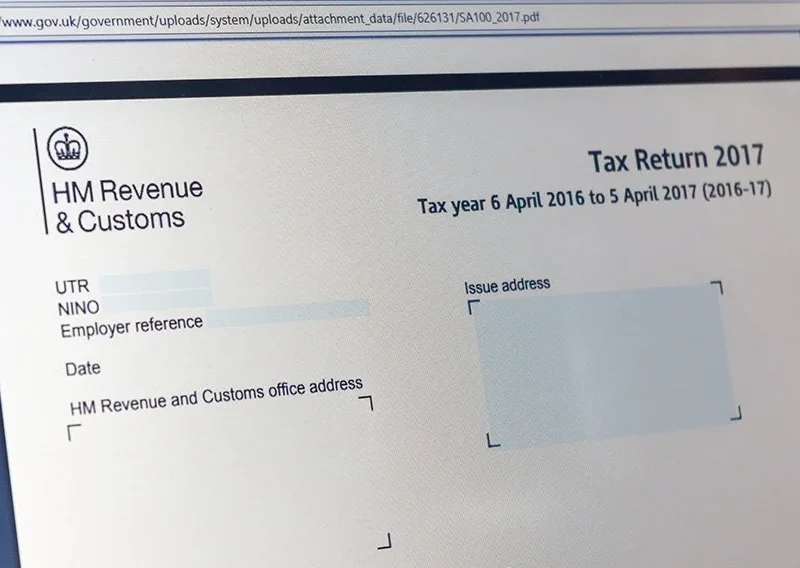In the UK, the legal age to enter into a tenancy agreement or sign a contract is 18 years old. Therefore, typically, a 16-year-old cannot legally rent a flat or enter into a tenancy agreement on their own.
However, there might be certain exceptional circumstances where a 16 or 17-year-old could rent accommodation under a specific type of tenancy agreement called a “contract for necessaries.” This might be possible if the individual is legally emancipated or has parental consent, and the landlord is willing to enter into such an agreement.
In most cases, if a 16-year-old needs accommodation, they would likely need an adult, such as a parent or guardian, to enter into the rental agreement on their behalf. Additionally, some landlords or rental agencies may have their own specific requirements or policies regarding the minimum age for renting accommodation, which may be higher than the legal age of 18.
What Is the Legal Age for Renting in the UK?

The general legal age requirement of 18 years old for renting accommodation in the UK is firmly established to protect both parties involved in tenancy agreements, ensuring legal validity and protecting minors from potential exploitation or legal complexities.
Explanation of the legal age to enter into contracts and tenancy agreements
Age of Majority: In the UK, the age of majority is 18, at which point individuals are recognized as adults and gain legal autonomy to enter into contracts, including tenancy agreements.
Contractual Capacity: Minors, those under 18, are considered to have limited capacity to enter into binding contracts. They can enter into contracts for “necessaries,” but tenancy agreements usually fall outside this scope.
Legal Protections: Laws governing contracts aim to protect minors from being exploited or entering into agreements that they might not fully understand or be capable of fulfilling.
Emphasize the general age requirement of 18 years old for renting accommodation
Standard Practice: Landlords and rental agencies typically require tenants to be at least 18 years old due to legal constraints and to ensure contractual validity.
Contractual Validity: Contracts entered into by individuals below the age of 18 may not be legally enforceable or binding, leading to complications in tenancy agreements.
Exceptions: There might be rare instances where minors, with parental consent or under special circumstances, can rent accommodation, but these situations are often exceptional and require specific legal considerations.
How Can Minors Rent Accommodation in Exceptional Circumstances?
exceptional circumstances enabling individuals under 18 to rent accommodation often involve complex legal considerations, such as legal emancipation, special arrangements, or parental consent.
Discussion of potential exceptional cases
Legal Guardianship or Emancipation: Minors who have been legally emancipated or granted certain legal rights by a court might be allowed to enter into contracts, potentially enabling them to rent accommodation.
Exceptional Agreements: In unique cases, landlords might be willing to make special arrangements or consider renting to minors under specific circumstances, although these instances are uncommon and subject to various legal and practical considerations.
Mention of “contract for necessaries” and its possible applicability for minors seeking accommodation
“Contract for Necessaries”: This legal concept allows minors to enter into contracts for essential goods or services deemed necessary for their well-being. While accommodation could theoretically fall under this category, it’s often subject to interpretation and might not universally apply.
Interpretation Challenges: Determining whether accommodation constitutes a “necessary” can be complex, and the applicability of this concept for renting accommodation by minors might vary based on legal interpretations and specific circumstances.
Factors such as legal emancipation or parental consent that might influence renting possibilities for minors
Legal Emancipation: Minors who have undergone legal emancipation might possess the legal capacity to enter into contracts, potentially including tenancy agreements, without parental consent.
Parental Consent: In certain cases, landlords might consider renting to minors if they have explicit consent and involvement from a parent or legal guardian, mitigating concerns about contractual capacity and ensuring responsibility for fulfilling the terms of the agreement.
What Are the Practical Implications of Renting for Minors?

The importance of parental or guardian involvement, the necessity for adult representation, and awareness of landlord or agency policies regarding minimum age requirements for renting is crucial for minors seeking accommodation.
Importance of parental or guardian involvement in renting accommodation for individuals under 18
Legal Guardianship: Given that minors lack full contractual capacity, parental or guardian involvement is crucial when renting accommodation to ensure the validity and enforceability of the tenancy agreement.
Financial Responsibility: Parents or guardians often need to provide financial guarantees or co-sign the lease to ensure payment obligations are met, as minors might not have a stable income or credit history.
Decision-Making Support: Parents or guardians can offer guidance and support in understanding lease terms, responsibilities, and potential risks associated with renting, ensuring that minors make informed decisions.
Highlighting the need for adult representation or support in the rental process for minors
Legal Capacity: Minors lack the legal capacity to independently enter into binding contracts, necessitating the involvement of adults, typically parents or guardians, to represent their interests in the rental process.
Contractual Obligations: Adults can ensure that minors comprehend their obligations under the tenancy agreement, including responsibilities such as rent payments, property maintenance, and adherence to lease terms.
Mitigating Risks: Adult representation helps mitigate risks for both the landlord and the minor tenant by ensuring that legal obligations are understood and fulfilled.
Consideration of landlord or agency policies regarding minimum age requirements for renting
Landlord Discretion: Some landlords or rental agencies may have policies setting a minimum age requirement higher than the legal age of majority, potentially restricting accommodation options for minors.
Exceptions and Flexibility: In certain cases, landlords might consider renting to minors if accompanied by an adult guarantor or with explicit parental consent, while others may strictly adhere to age-based policies.
FAQ’s
Can my parents kick me out if I pay rent UK?
In the UK, if you’re paying rent and have a tenancy agreement, eviction requires legal proceedings, even if you’re a minor.
What can you legally do at 16 UK?
At 16 in the UK, you can consent to medical treatment, get married with parental consent, and work full-time if not in full-time education.
Can my parents make me pay rent at 16 UK?
Legally, your parents can request you to contribute financially, but they cannot force you to pay rent at 16 in the UK.
What can I do if my 16-year-old refuses to come home?
If your 16-year-old refuses to come home, it’s crucial to assess the situation and communicate; contacting authorities or seeking advice from social services might be necessary.
Can I kick my 15-year-old out of the UK?
No, in the UK, it’s illegal to force a child under 16 to leave home without appropriate arrangements for their care.
Can my parents make me pay rent at 17 UK?
At 17 in the UK, while parents can encourage financial contributions, they can’t necessarily compel you to pay rent if you’re not agreeable.
Final Words
Renting accommodation in the UK generally requires individuals to be 18 years old, the legal age of adulthood. Minors, those under 18, often lack the full legal capacity to independently enter into binding tenancy agreements. However, exceptional circumstances might arise where minors, with parental consent or under specific legal conditions like emancipation, could potentially rent accommodation.
Parental or guardian involvement is crucial in these situations to ensure the validity of contracts and provide necessary support and guidance to minors navigating the rental process. Landlord or agency policies regarding minimum age requirements may vary, impacting accommodation options for minors.



